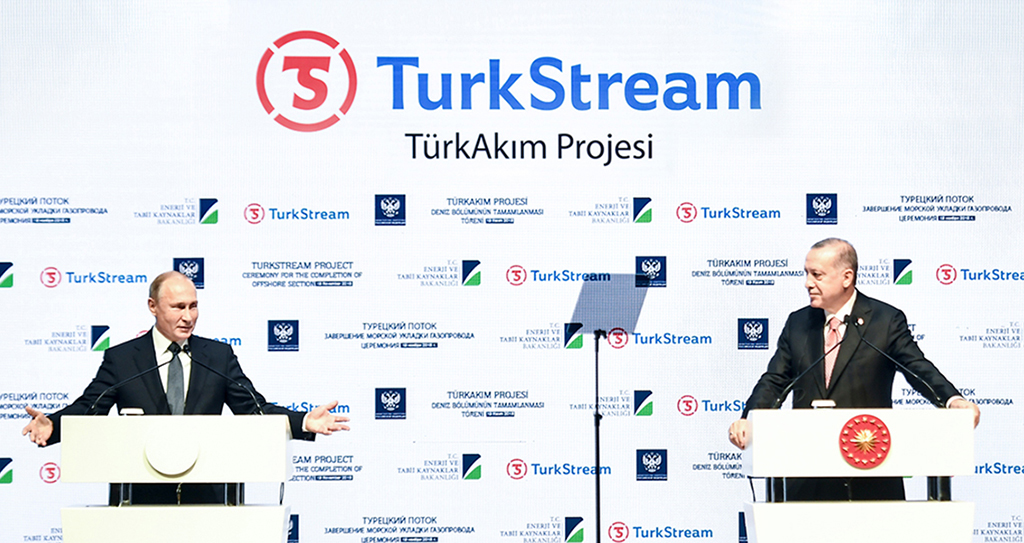Turkey’s Corona Diplomacy in the Balkans
The analysis concludes by analyzing Turkey’s resurgent ties with the local Muslim communities in the Balkans (Albanians, Bosniacs, and Turks) and emphasizes Turkey’s contribution to regional peace and stability.
More

The Ascension of Turkey as a Drone Power | History, Strategy, and Geopolitical Implications
This paper investigates the trajectories of Turkey’s drone program, its historical origins, strategical rationality, and geopolitical implications.
MoreThe analysis examines the possible geopolitical implications of the Covid-19 pandemic and discusses what the post-Covid world order will look like from the perspective of realist International Relations (IR) theory.
The analysis provides an overview of the two central security challenges Greece faces today, namely the energy rivalry with Turkey in the Eastern Mediterranean/Libya, and the mass influx of refugees at the Greek-Turkish border, and discusses the prospects for a renewed Greek-Turkish détente.
This analysis addresses the potential changes in the constitution of the Russian Federation and the reasons behind the acting government’s resignation brought upon by President Putin on January 15, 2020. The work aims to underline the causes behind the proposed constitutional amendments and the government dissolution as well as its consequences on the future governance of Russia.
This study examines China’s conventional military doctrine and its evolution after the Cold War.
Greek Security Policy | In the Eastern Mediterranean
The analysis provides an overview of the Greek security policy in the Eastern Mediterranean since the failure of the latest round of Cyprus peace talks in July 2017 and highlights the continuity in the strategies employed by Greece to head off the perceived Turkish threat in the region.
More

Dangerous “Local Partner” The YPG’s Terror Campaign in Northern Syria
This report urges the backers of the YPG to address its terror strategy, and to investigate, arrest, and punish those responsible for random attacks and war crimes resulting in the death of civilians. If these countries, most notably the United States, Russia and France, are unable or unwilling to do so, they have to re-evaluate their support to the armed group or be held accountable for the war crimes of the YPG.
MoreTurkStream substantially contributes to bringing to the foreground an aspect of energy sources that strengthens cooperation and provides economic benefit rather than conflict.
In light of environmental terrorism, this report looks into the forest arsons committed by the outlawed terror organisation PKK (Kurdistan Workers’ Party) and the rhetoric used to legitimize them.
This analysis shows that although the United States was a security partner of both the EU and Turkey when it decided to no longer commit to responding to its allies’ security concerns, the latter took over the responsibility of ensuring their national defenses.

This analysis mainly focuses on the unification of all Syrian opposition under the Syrian Interim Government and gives policy recommendations.







